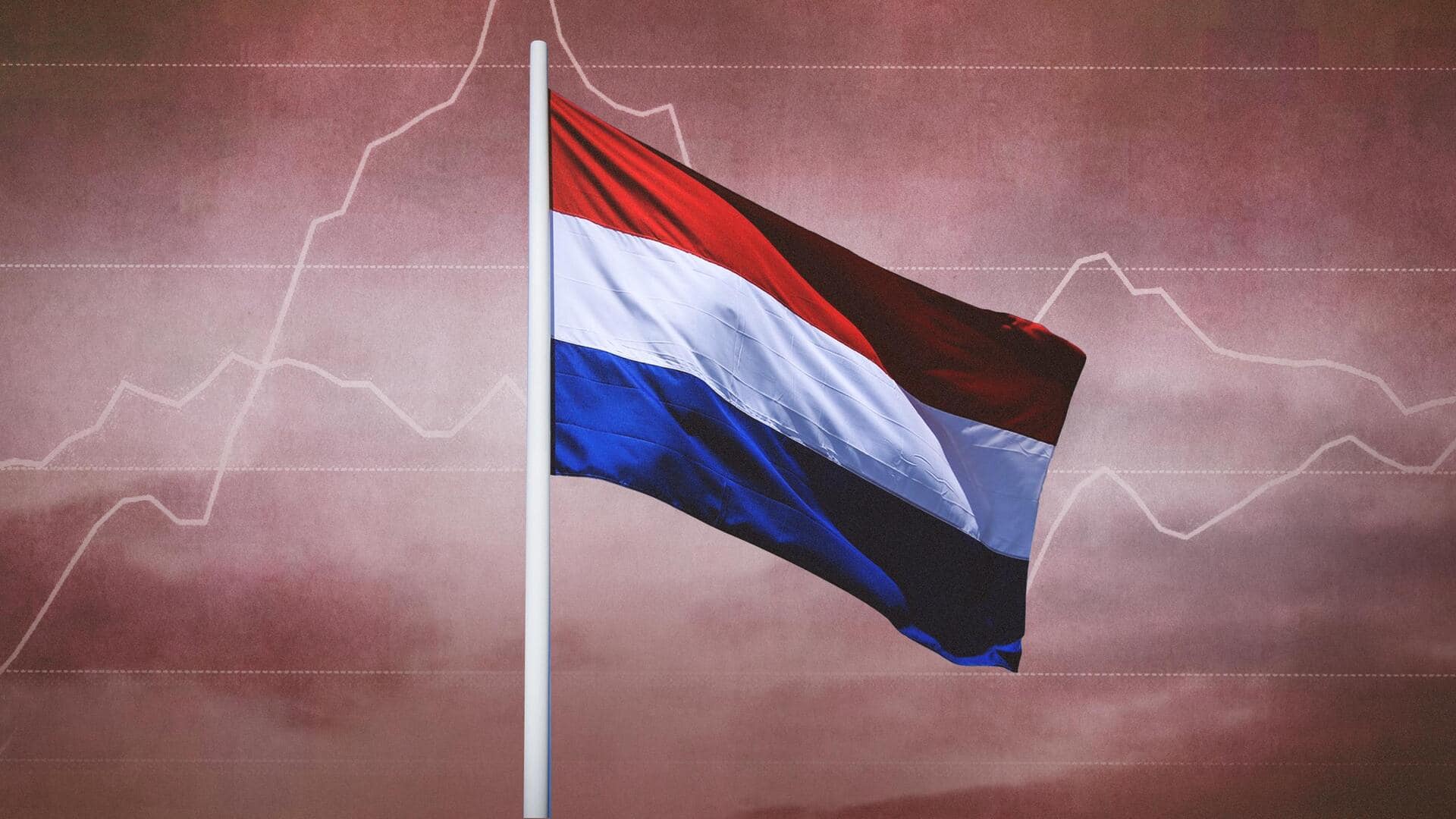
Netherlands falls into recession after second consecutive quarterly slump
What's the story
The Dutch economy has entered a recession, experiencing a 0.3% contraction in Q2 2023. In the previous quarter, the country experienced a 0.4% decline. This downturn, the first of its kind since the pandemic, is primarily driven by a decrease in consumer spending and exports. Inflation has affected the Netherlands and its trading partners, as they have been grappling with higher food prices and energy bills. In May this year, Germany also entered a recession.
Details
Consumer spending and exports have declined
Consumer spending in the Netherlands dropped 1.6% in the second quarter, while exports fell by 0.7%. Inflation has somewhat eased since reaching a peak of 14.5% in September of the previous year, but it still remains relatively high at around 6% in Q2 2023. The recession, however, is unexpected. Earlier this month, economists had expressed optimism about the Dutch economy narrowly avoiding a severe economic downturn.
What Next?
Netherlands's downturn comes after fruitful 2021 and 2022
This recession stands in stark contrast to the nearly 5% annual economic growth that the Netherlands enjoyed in 2021 and 2022, following a rapid recovery from the COVID-19 slump. The Netherlands entering recession adds to the growing concerns about the European economy. In the first quarter of this year, the eurozone fell into a technical recession after defying predictions multiple times.